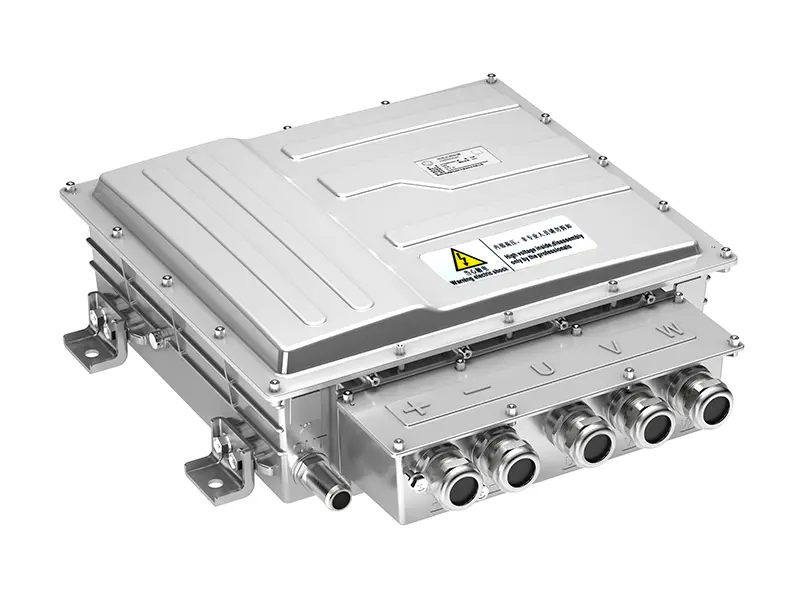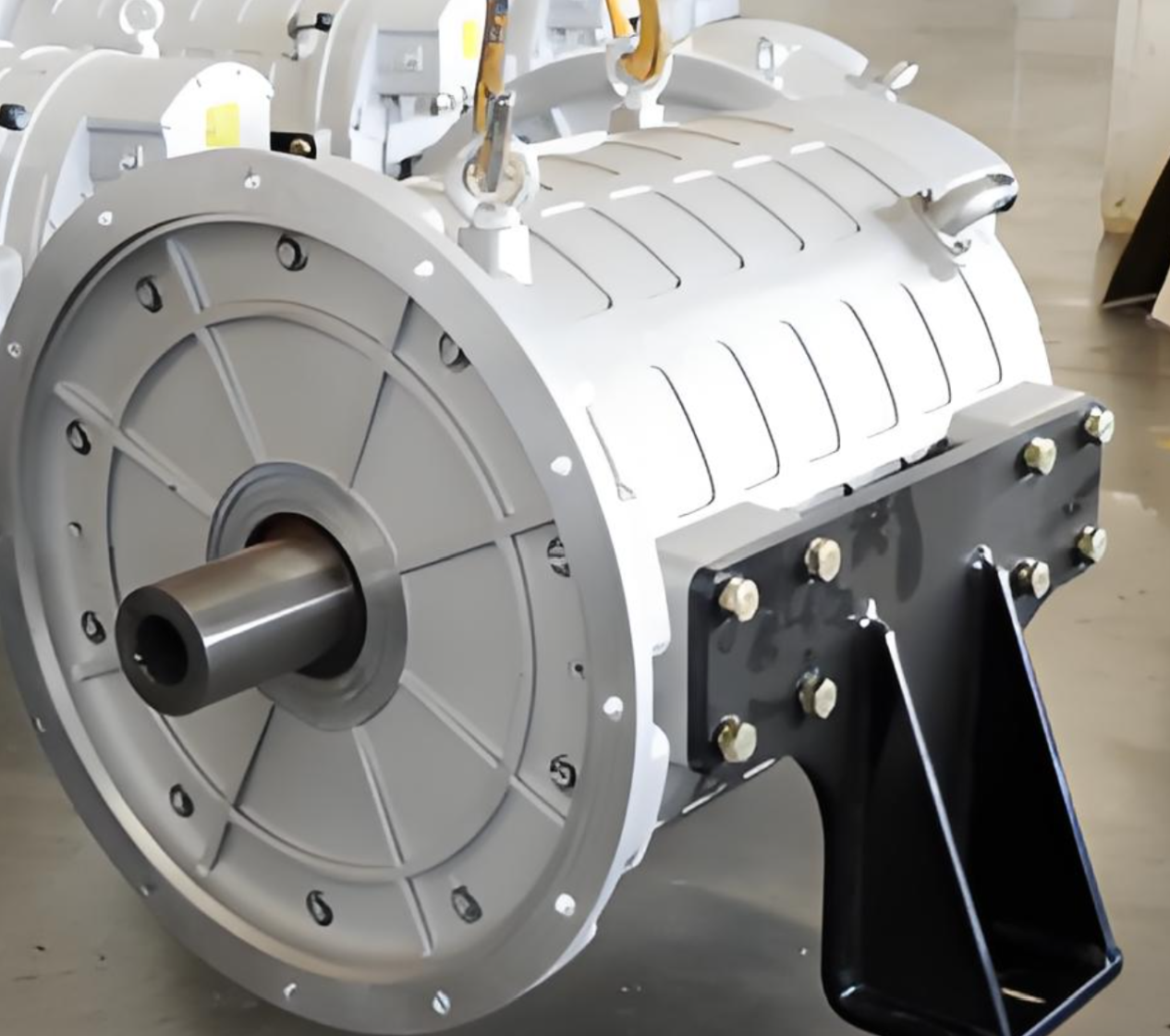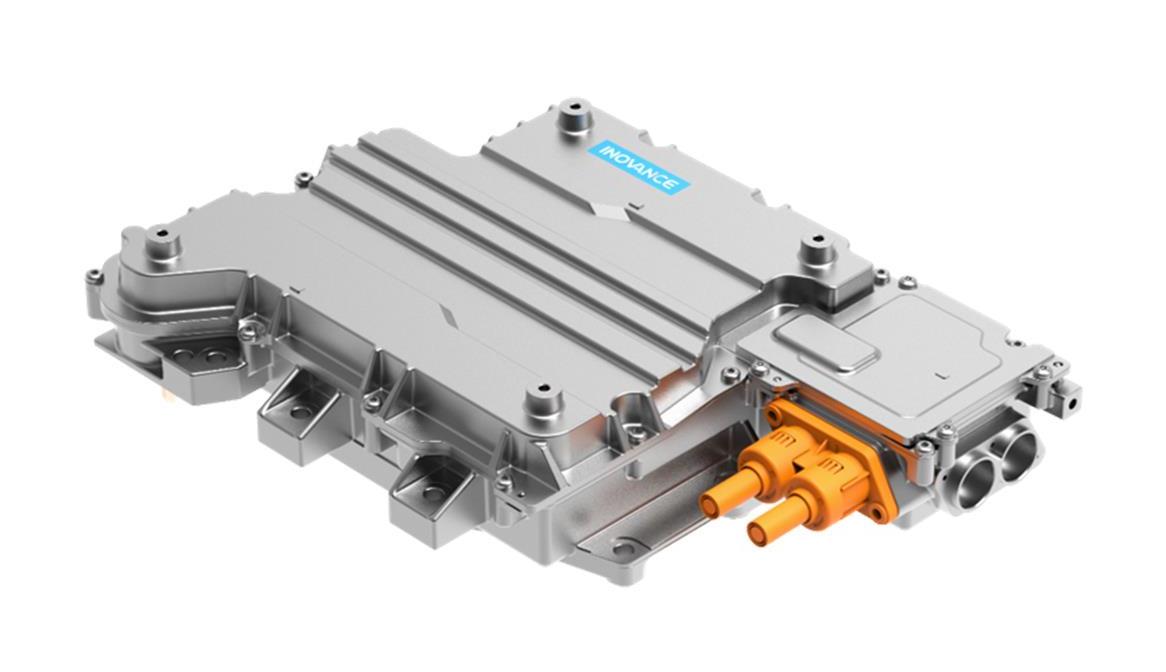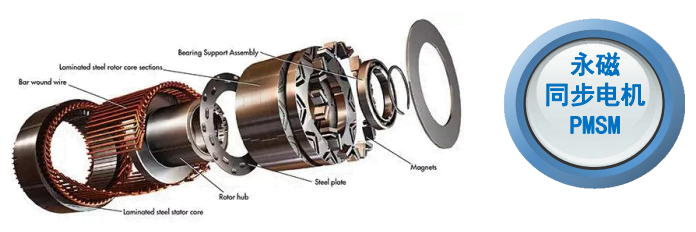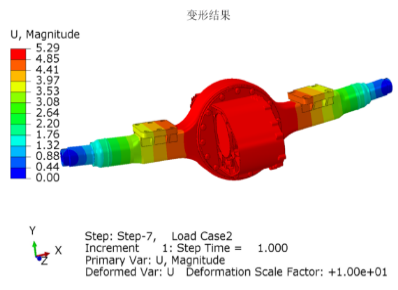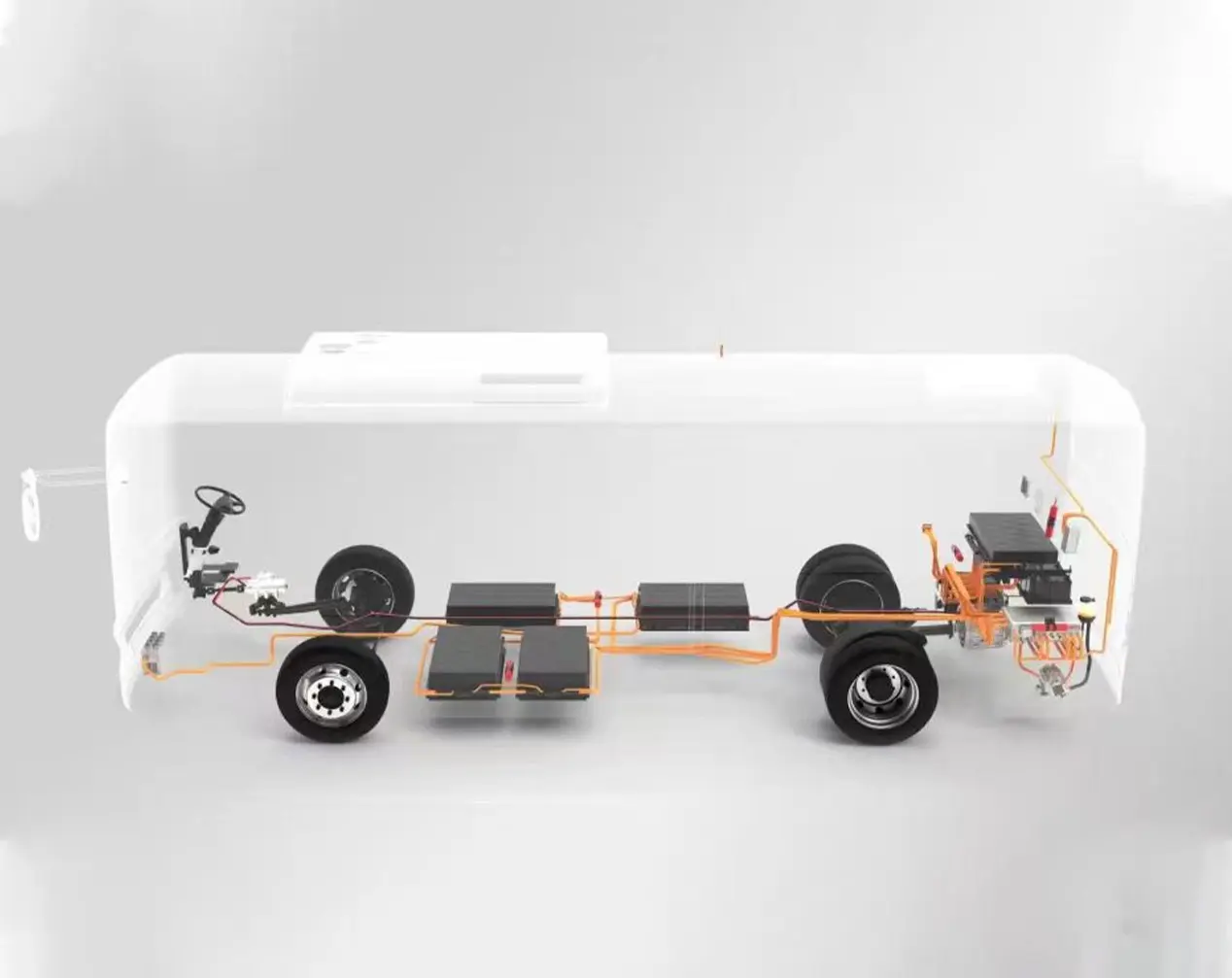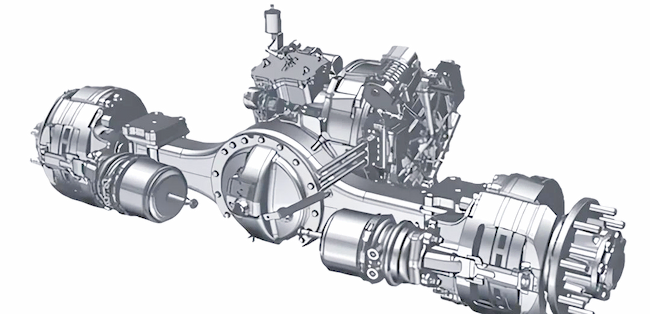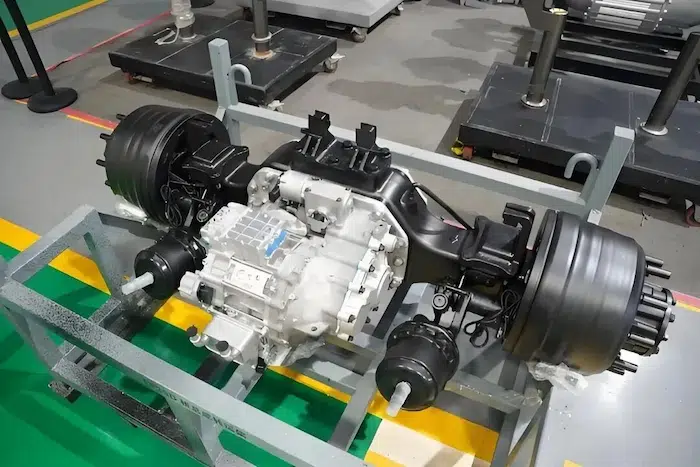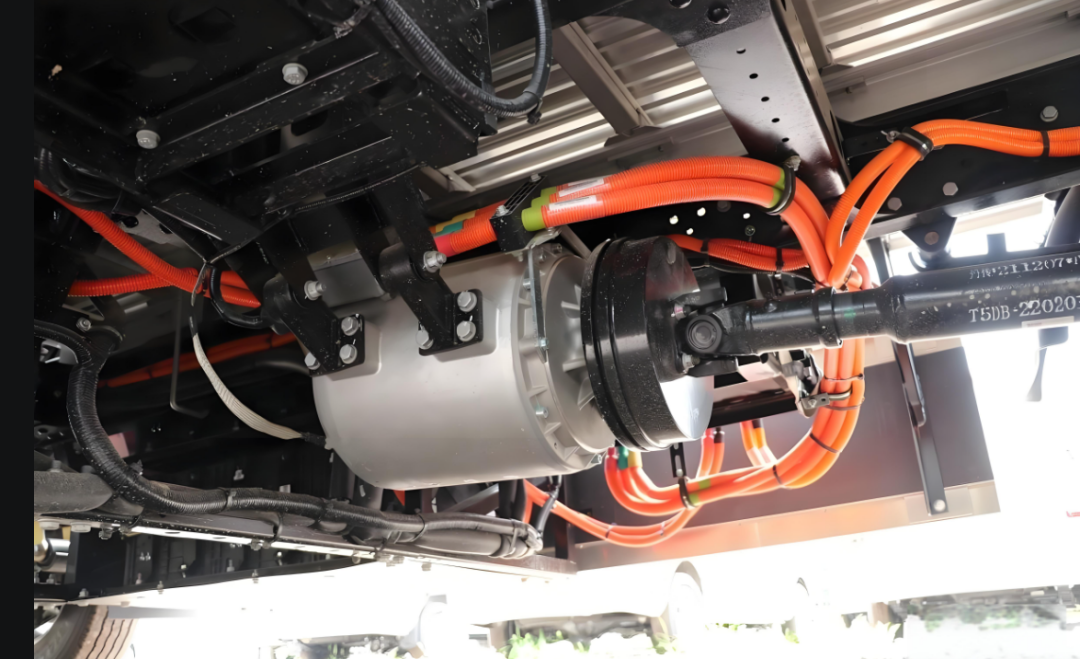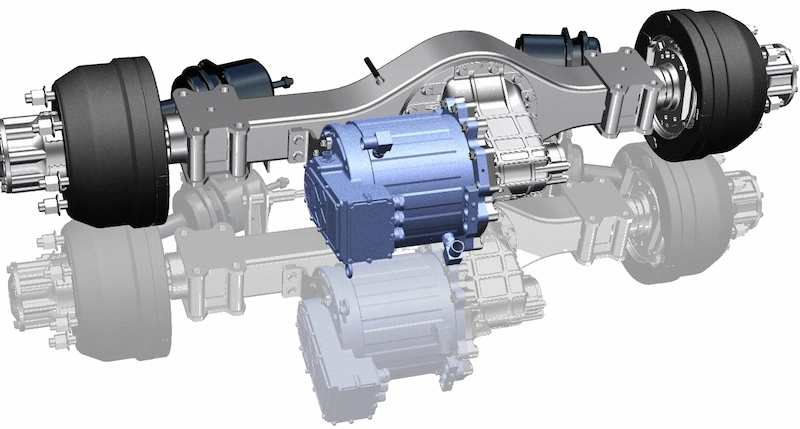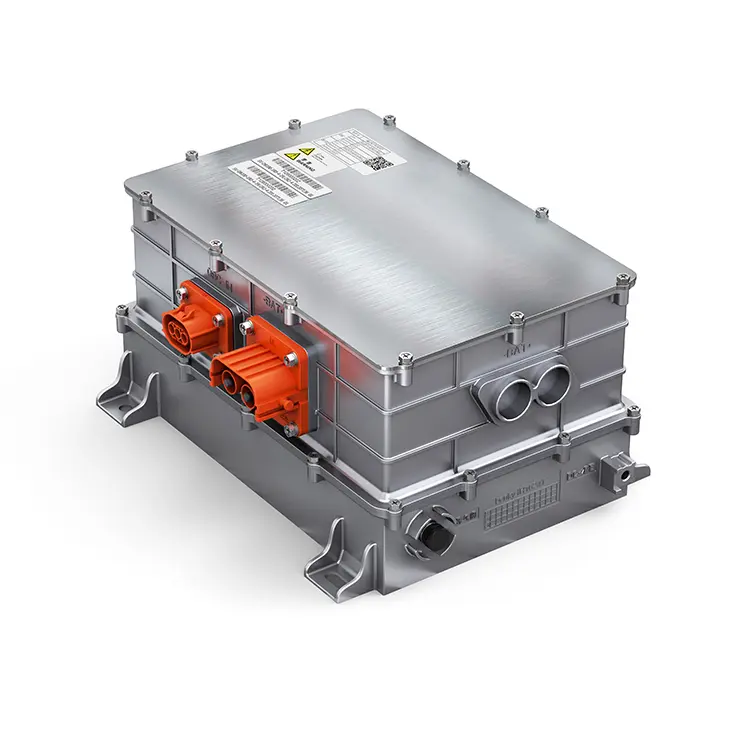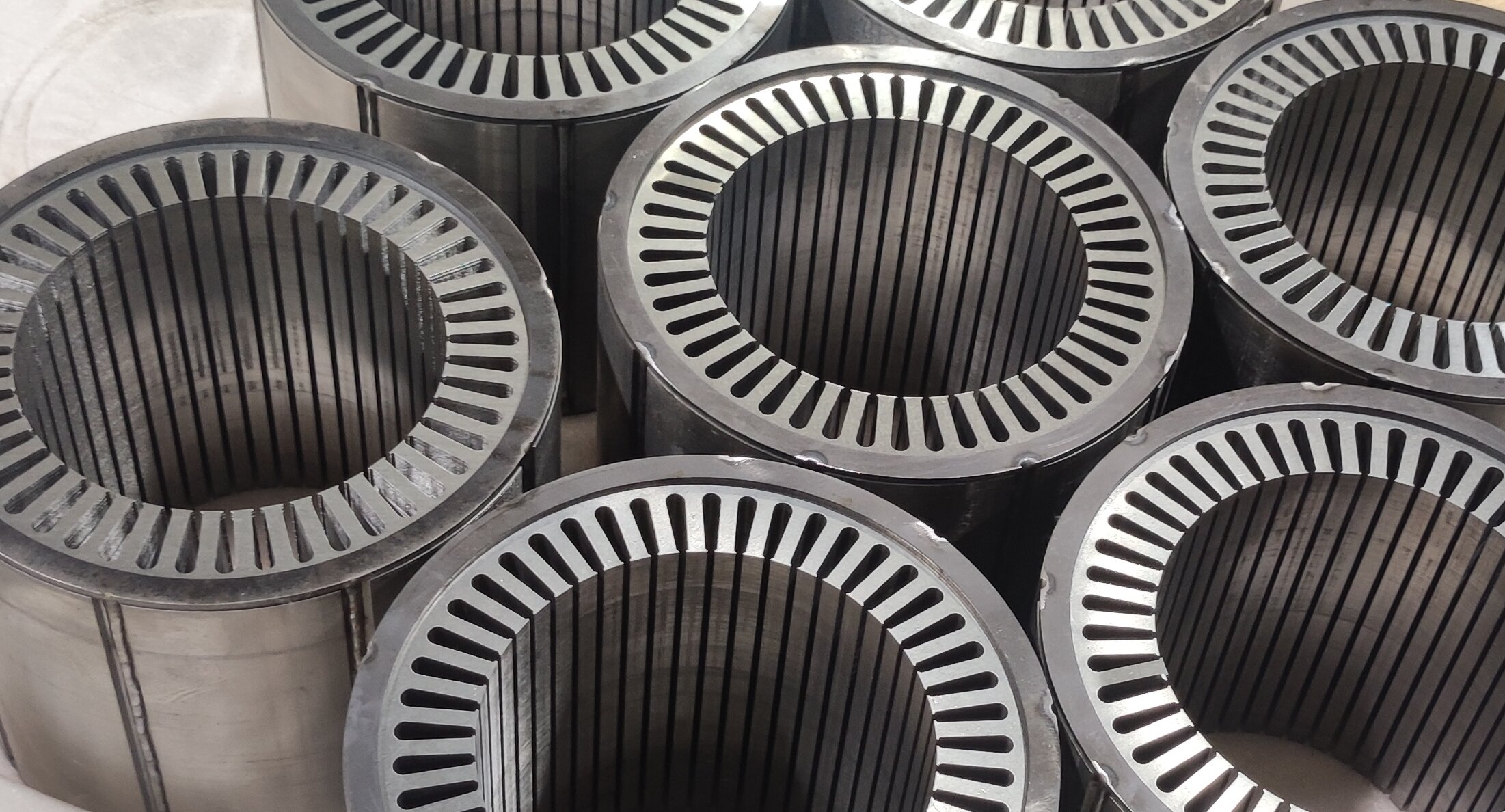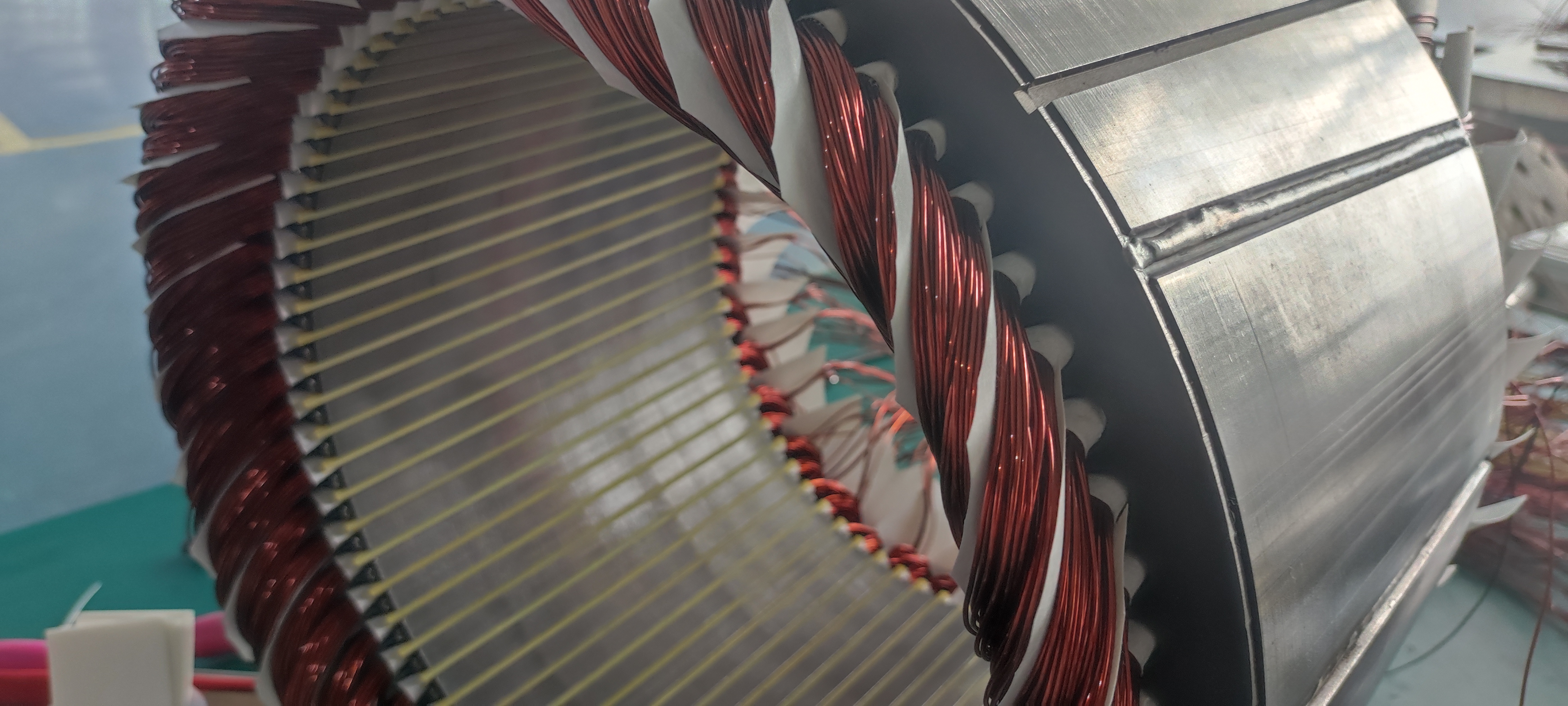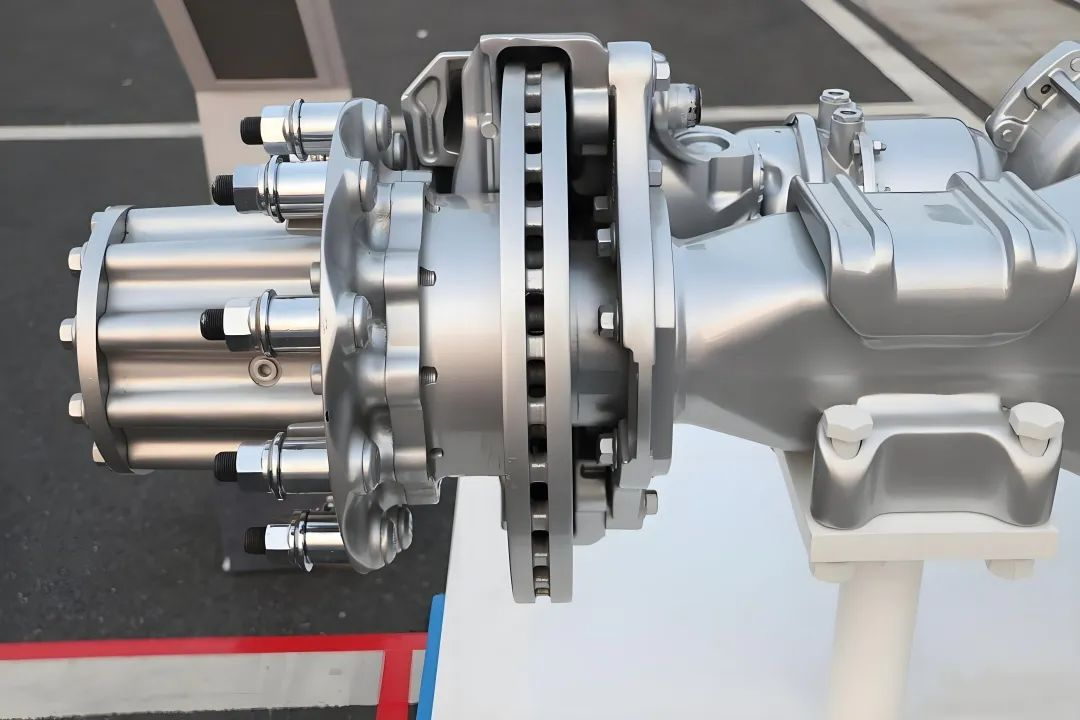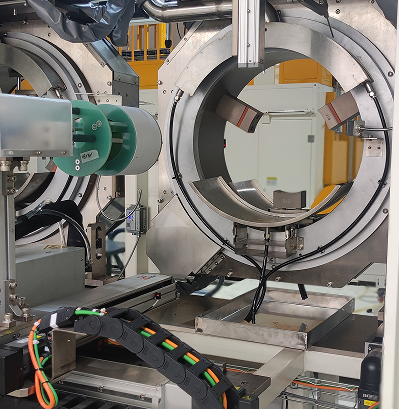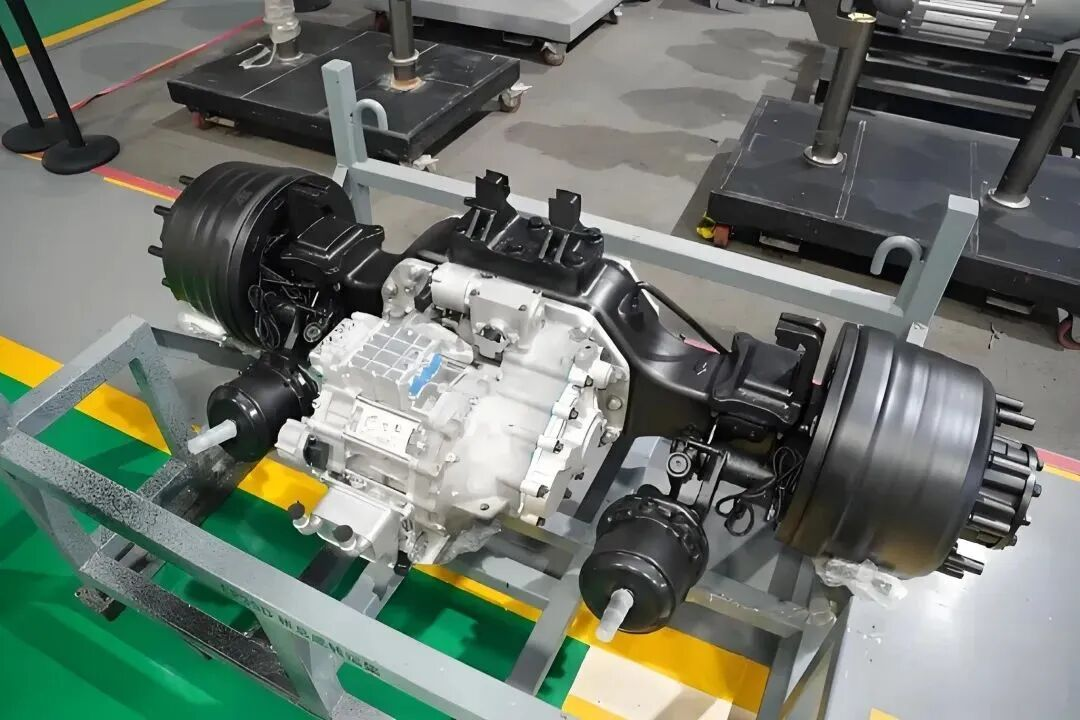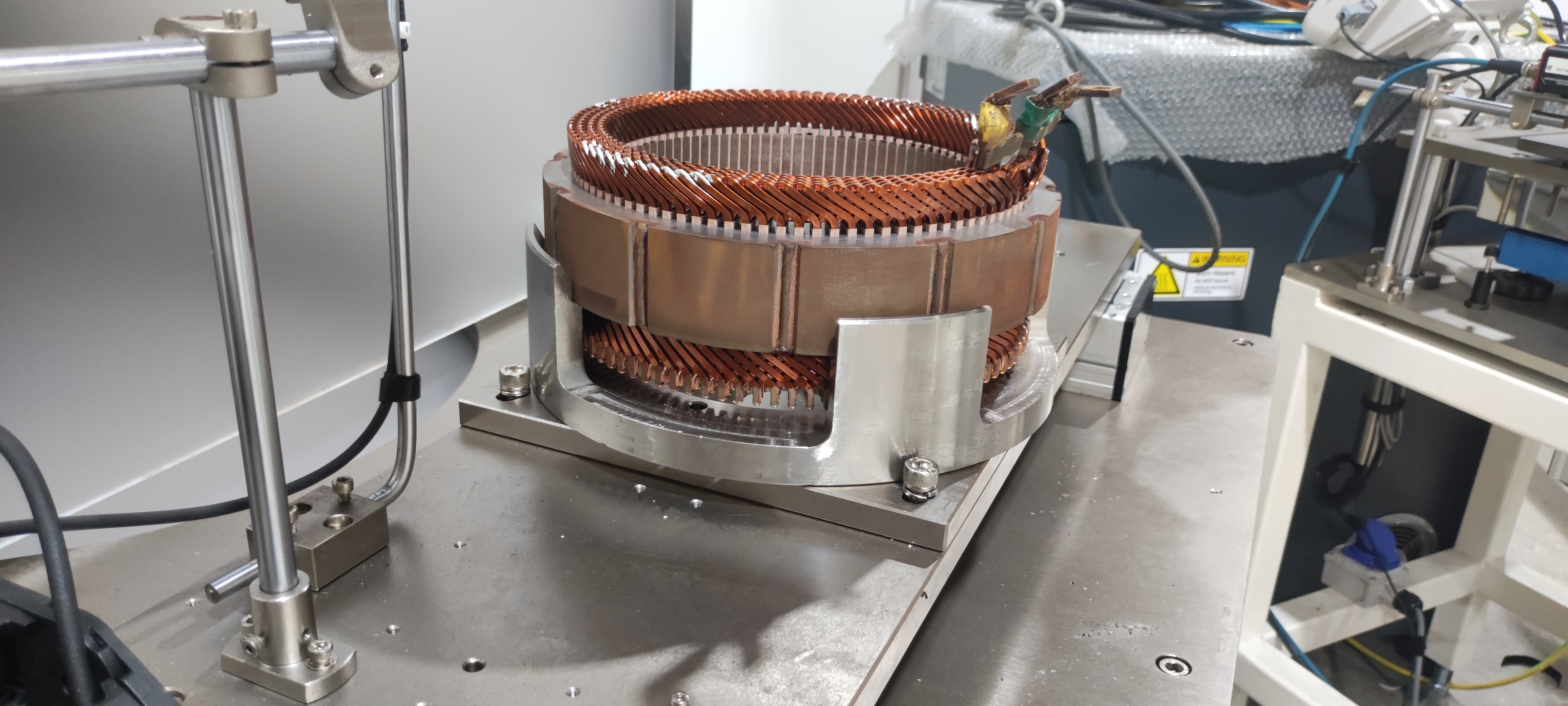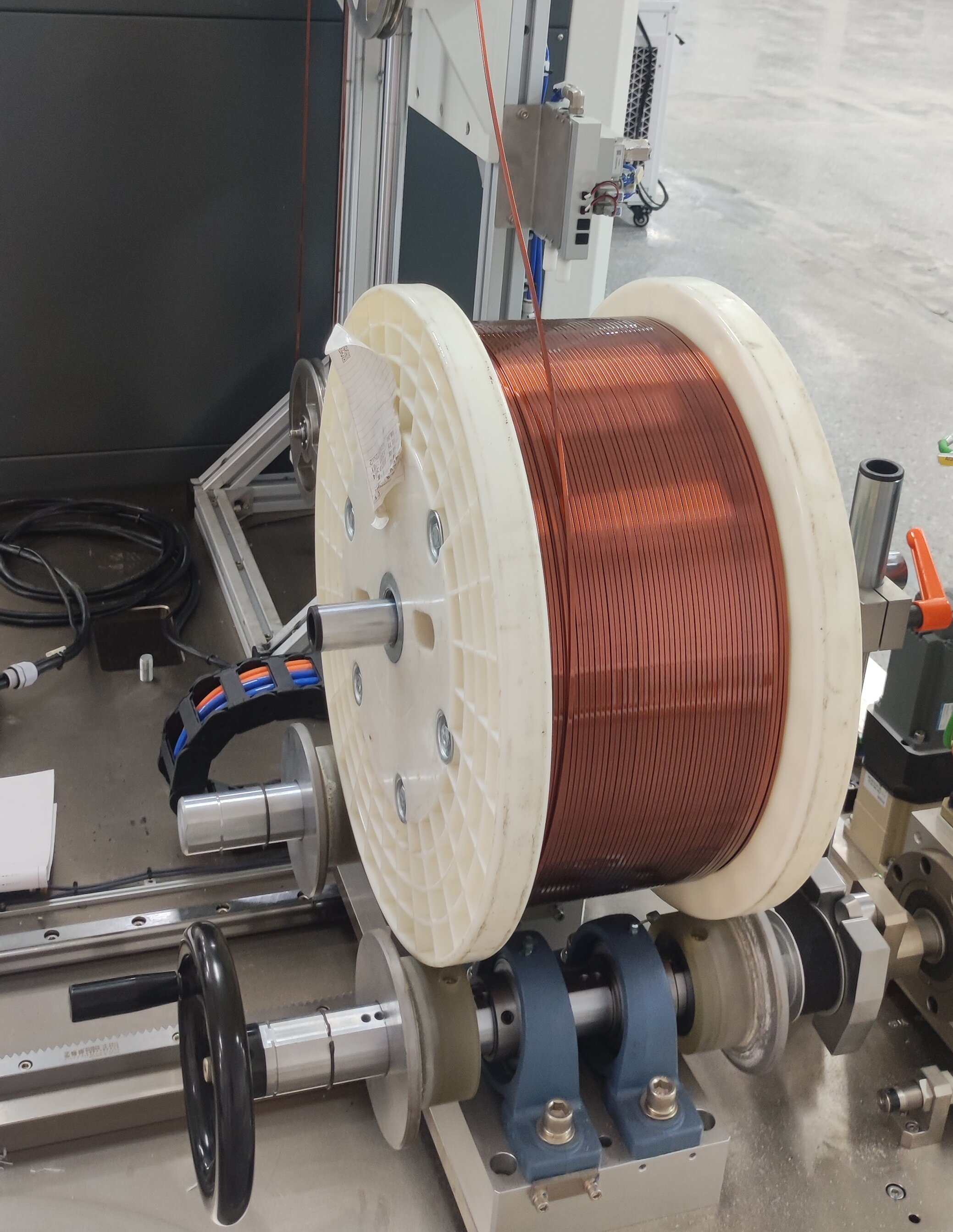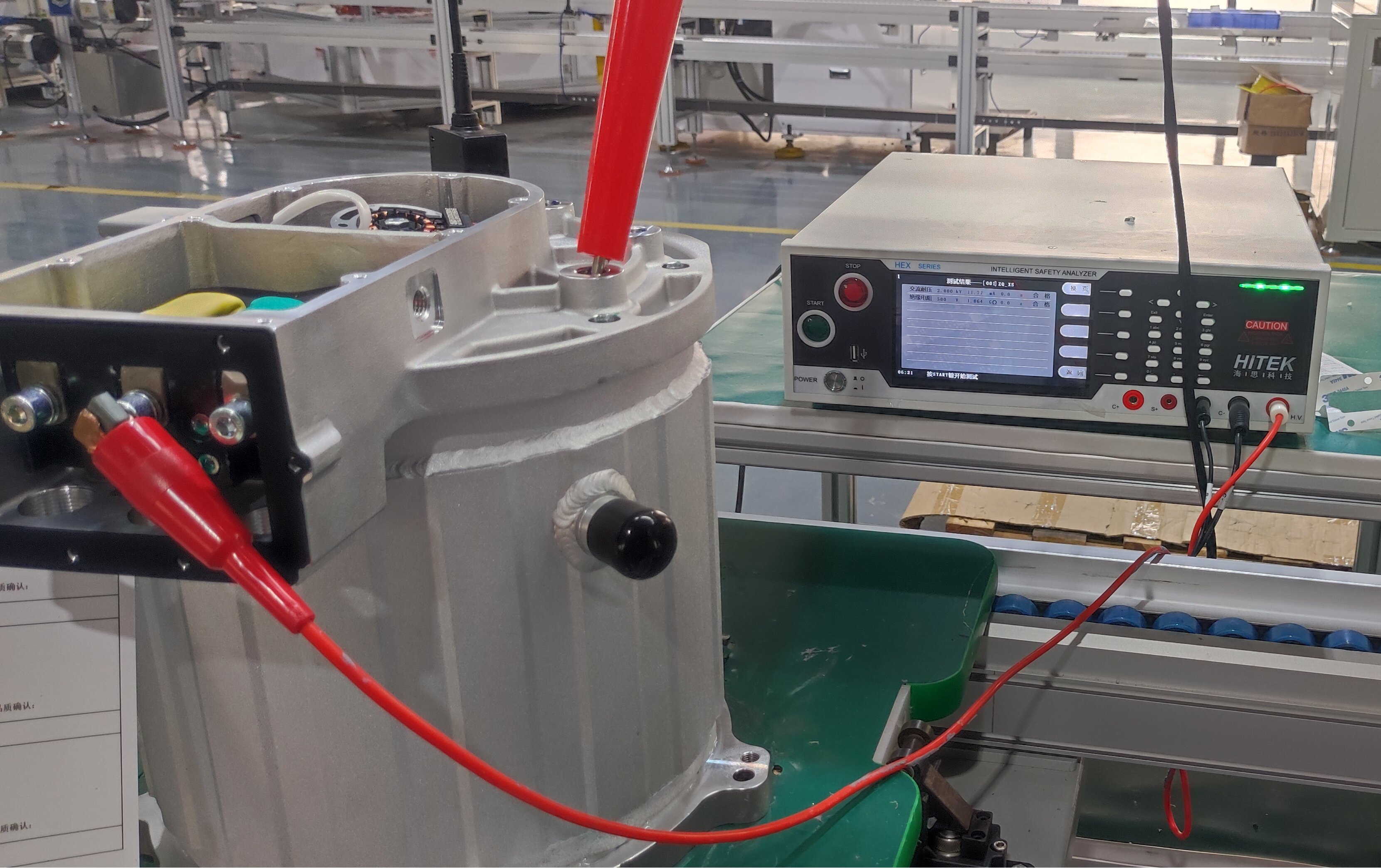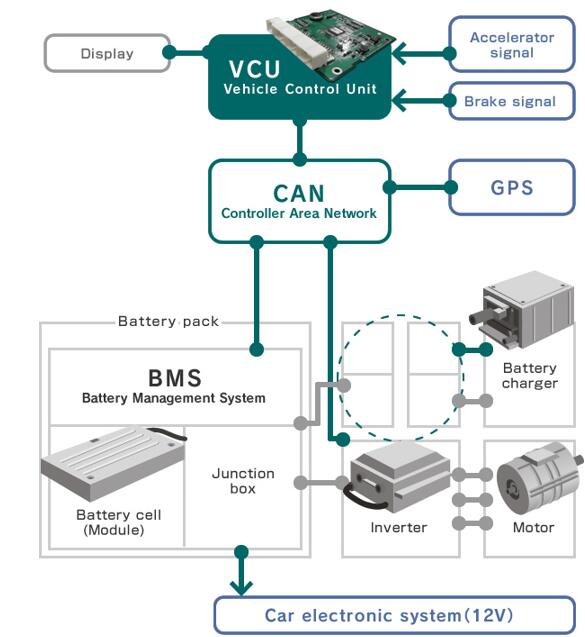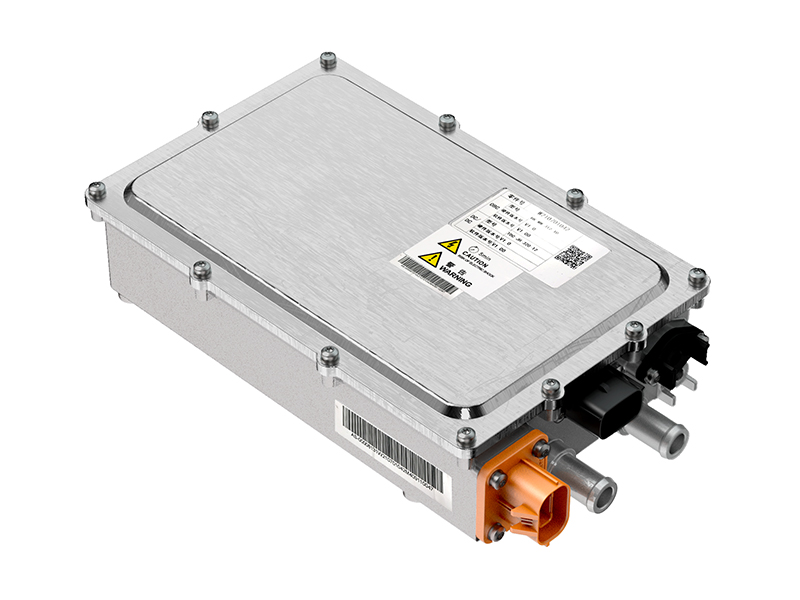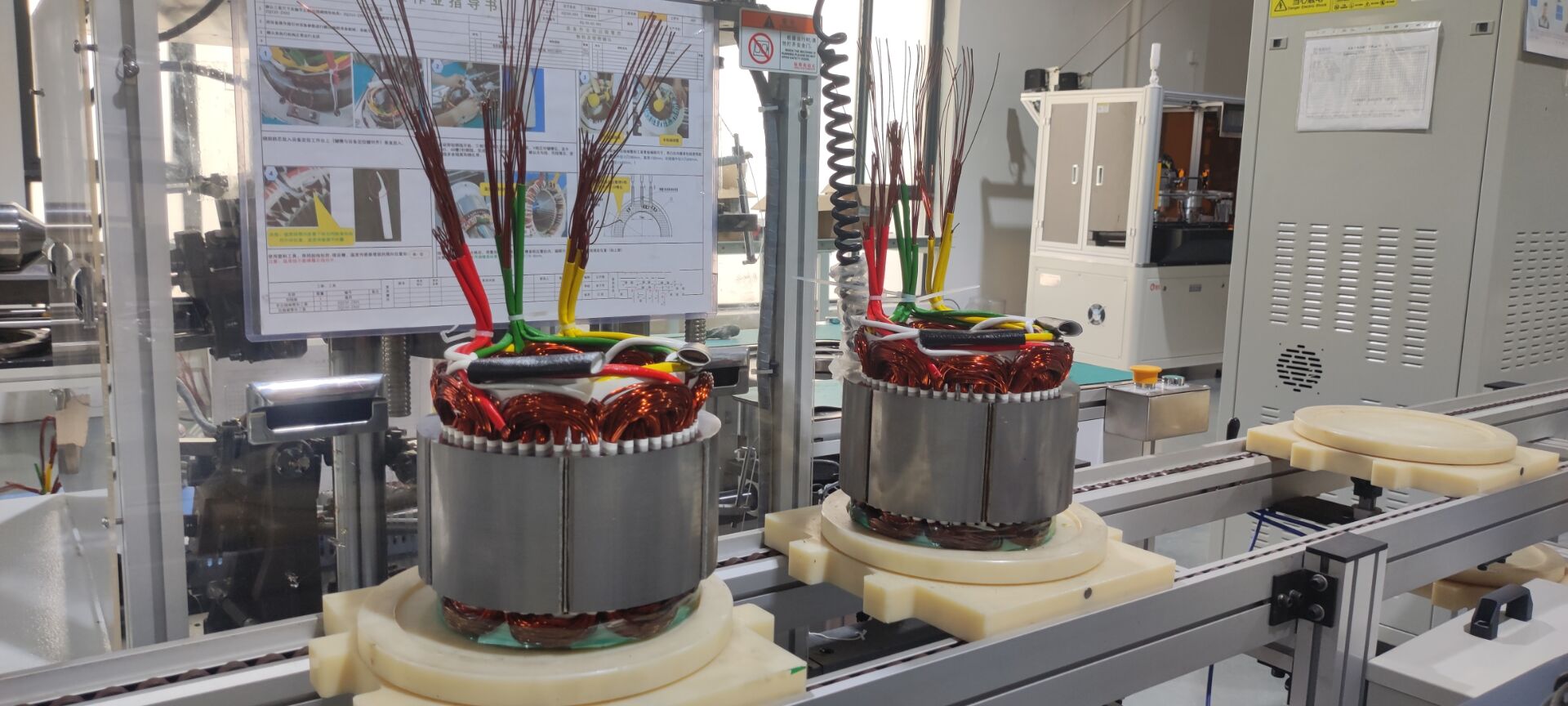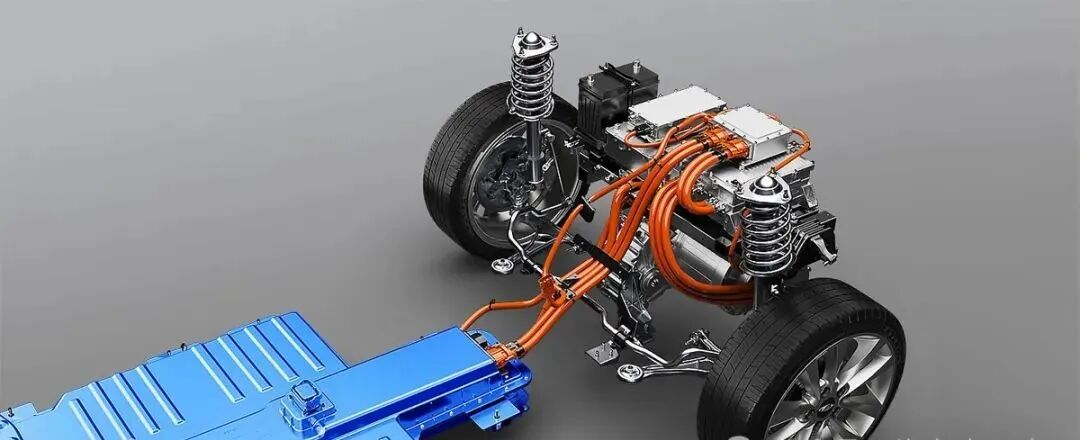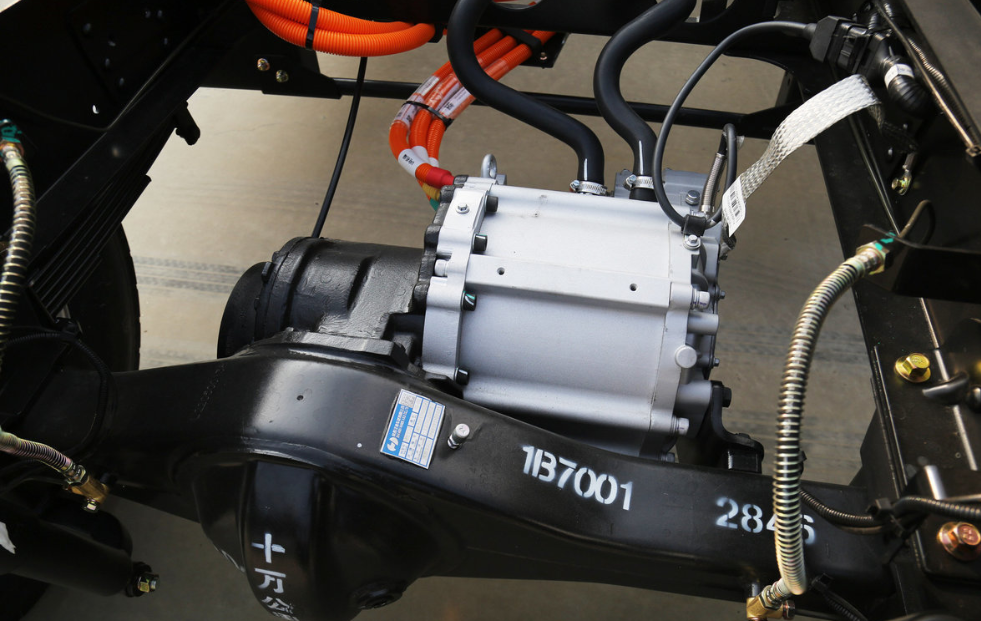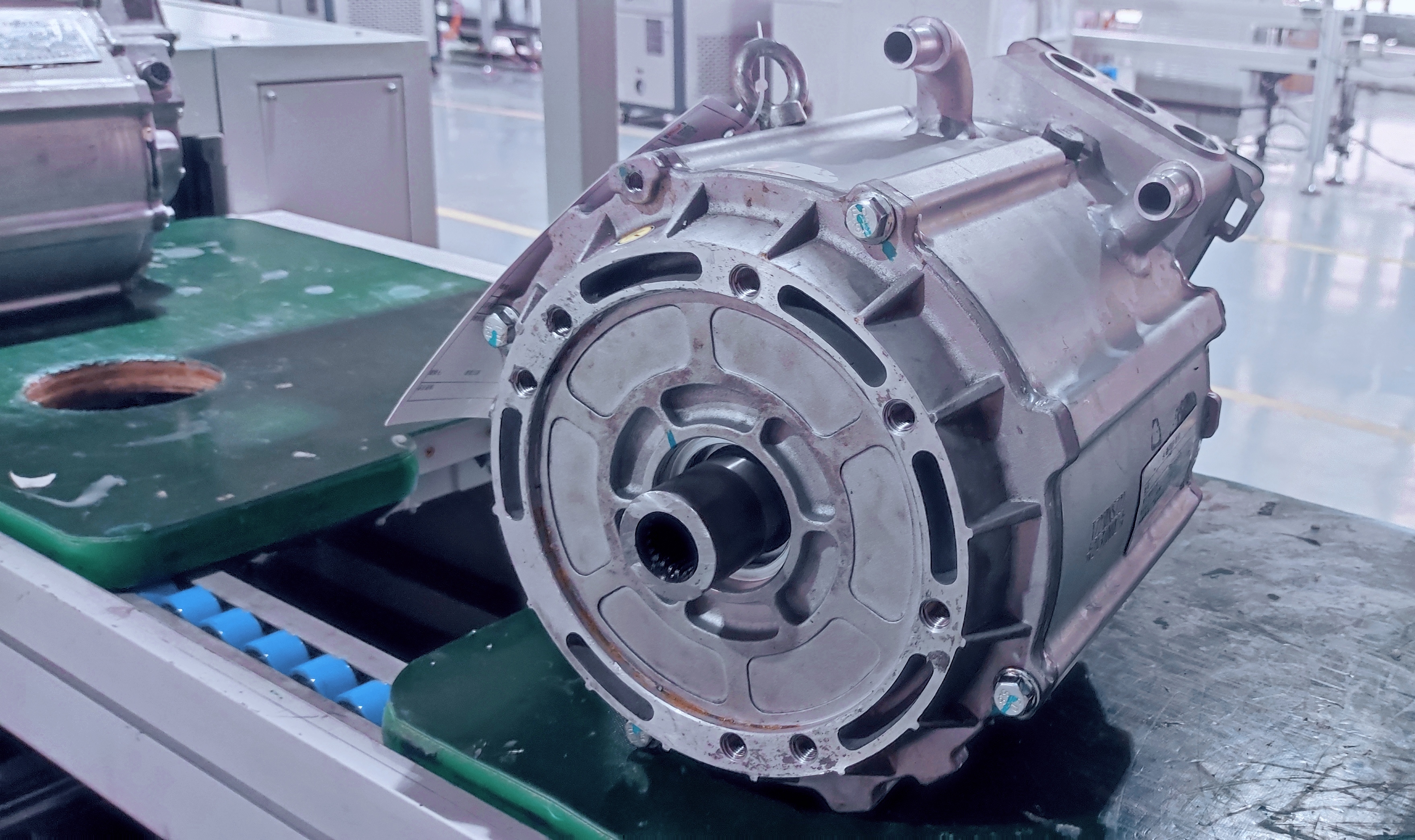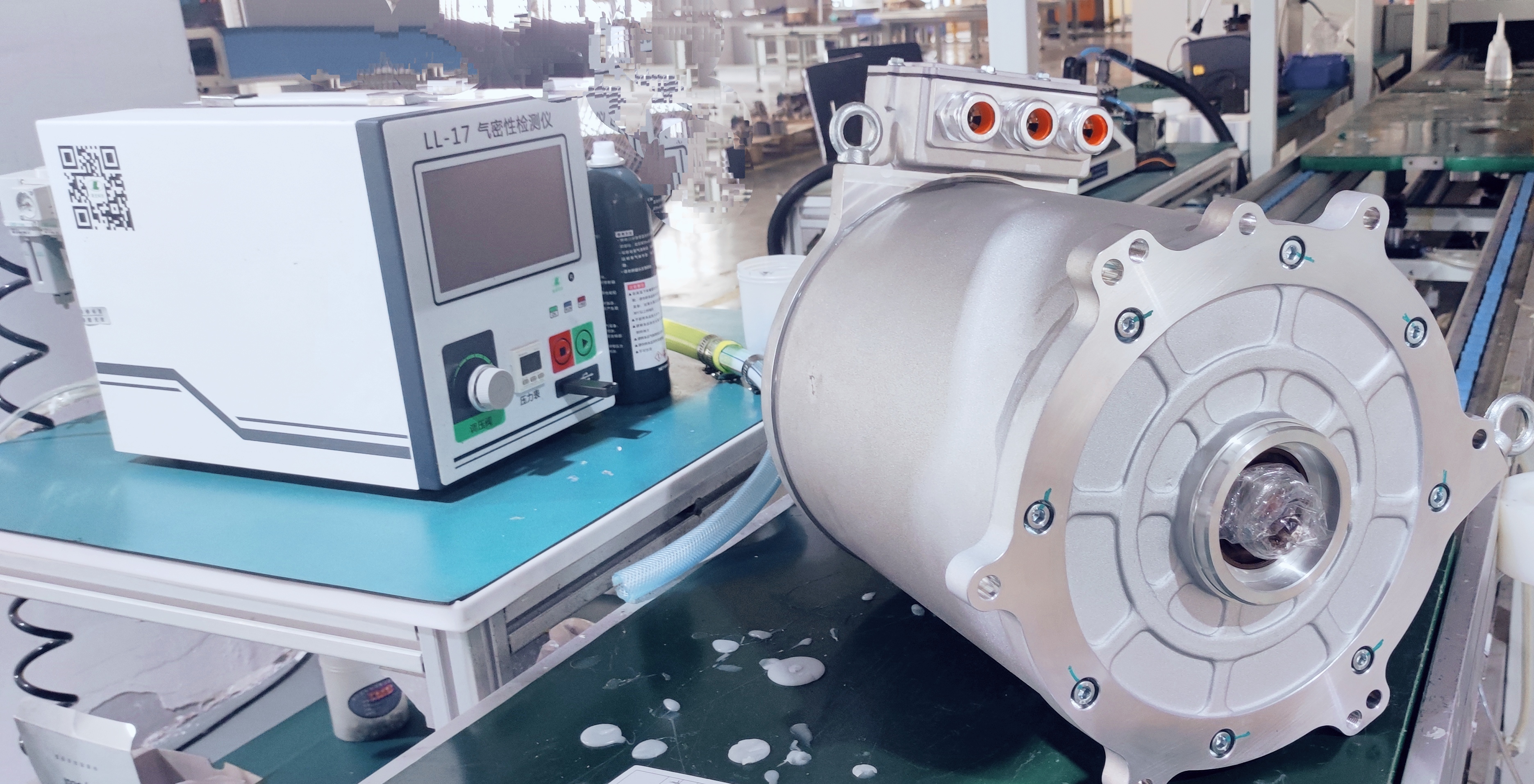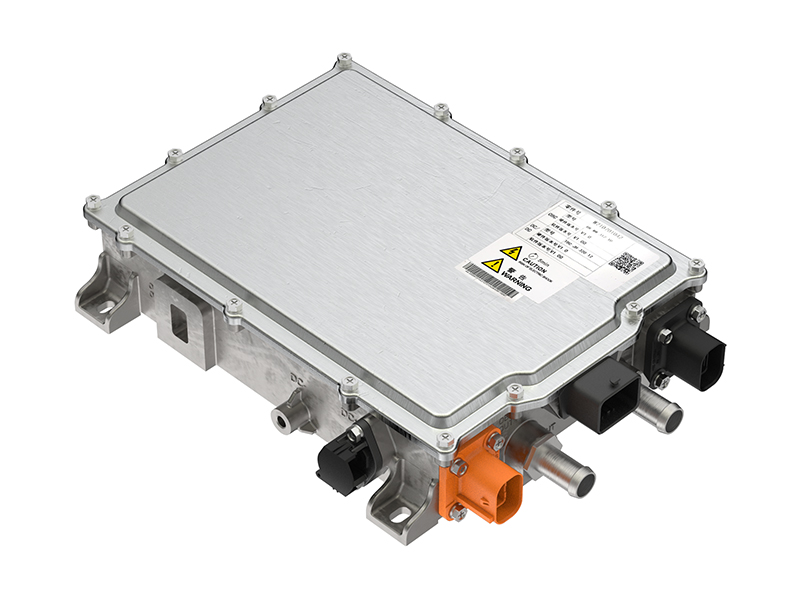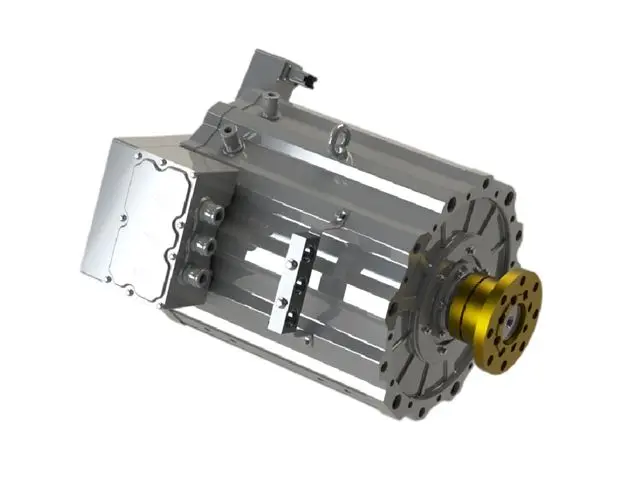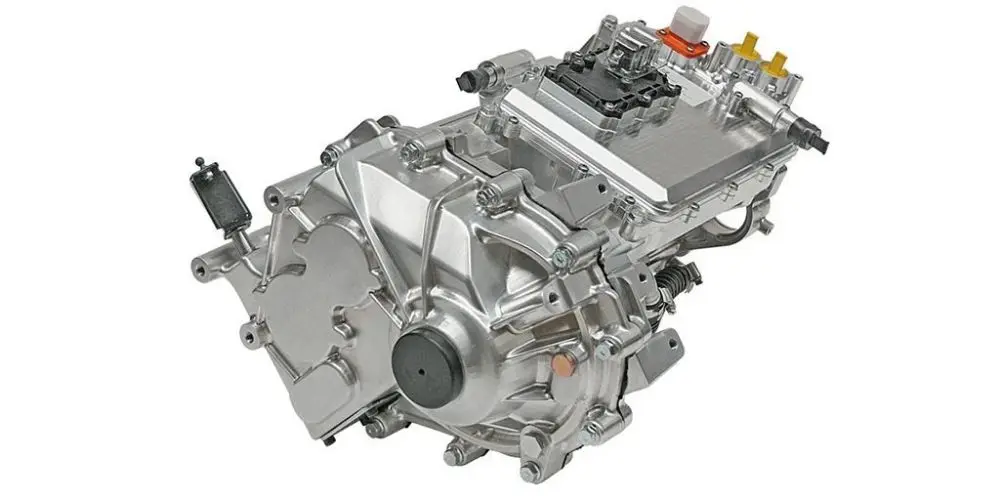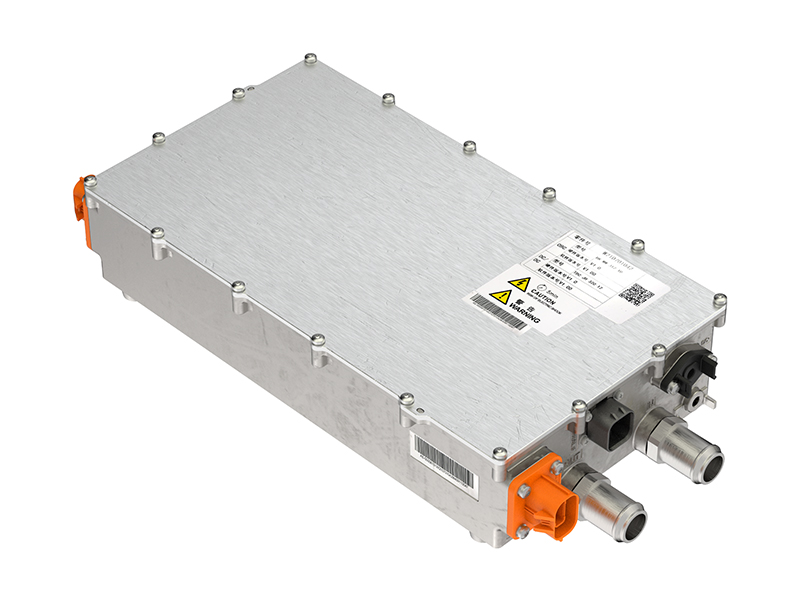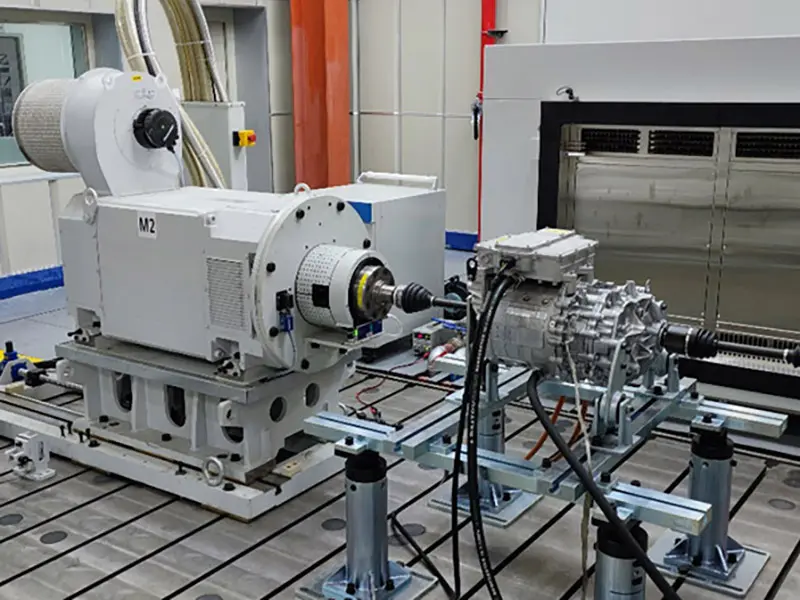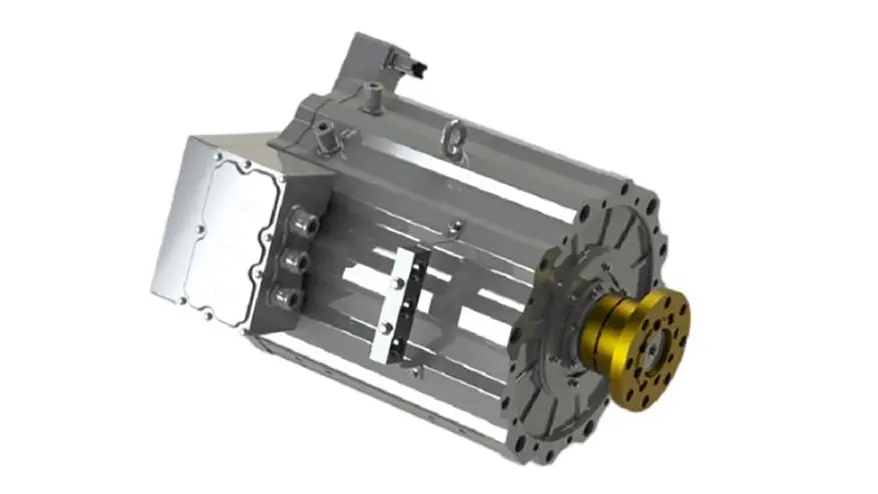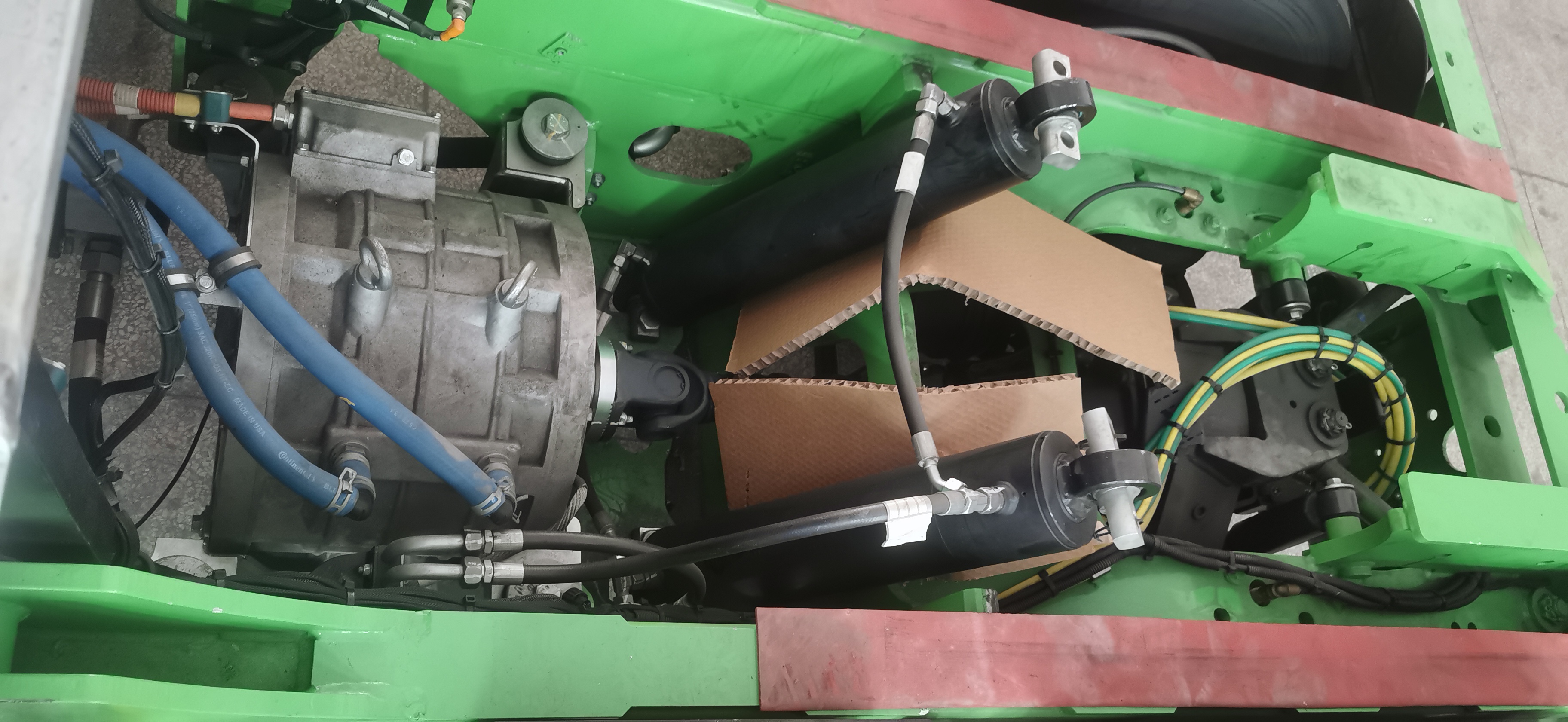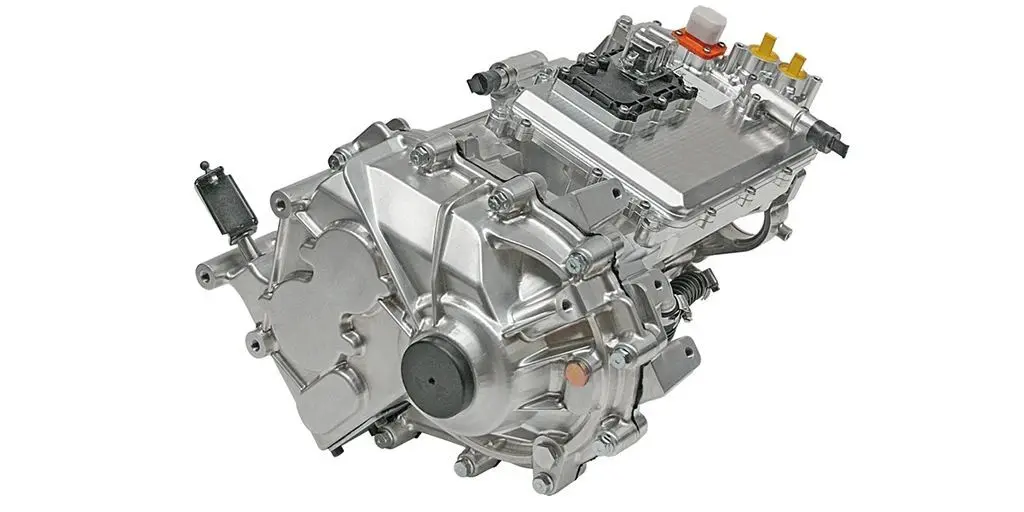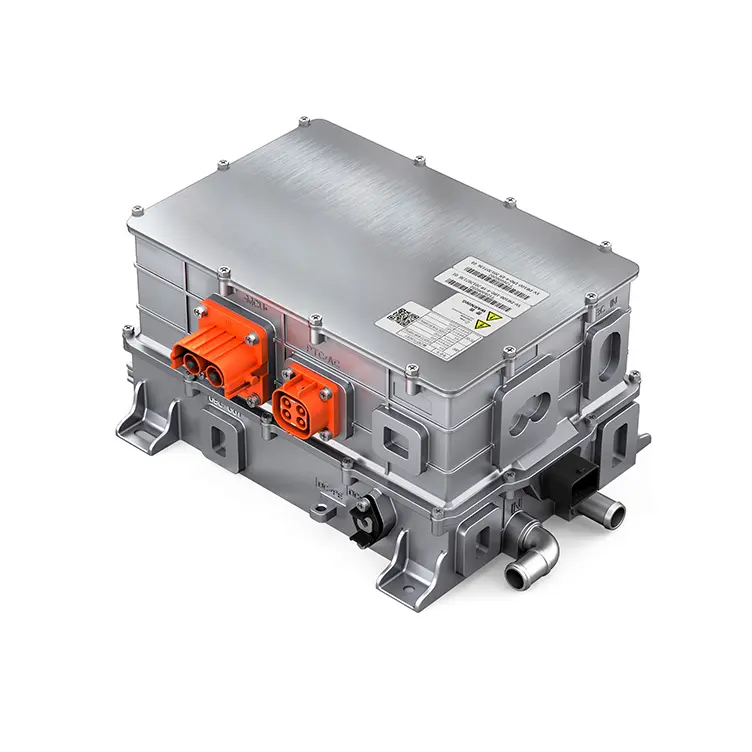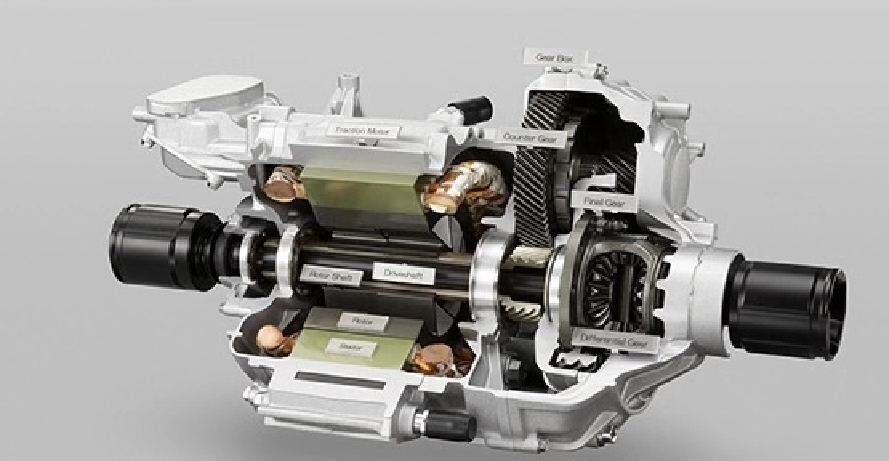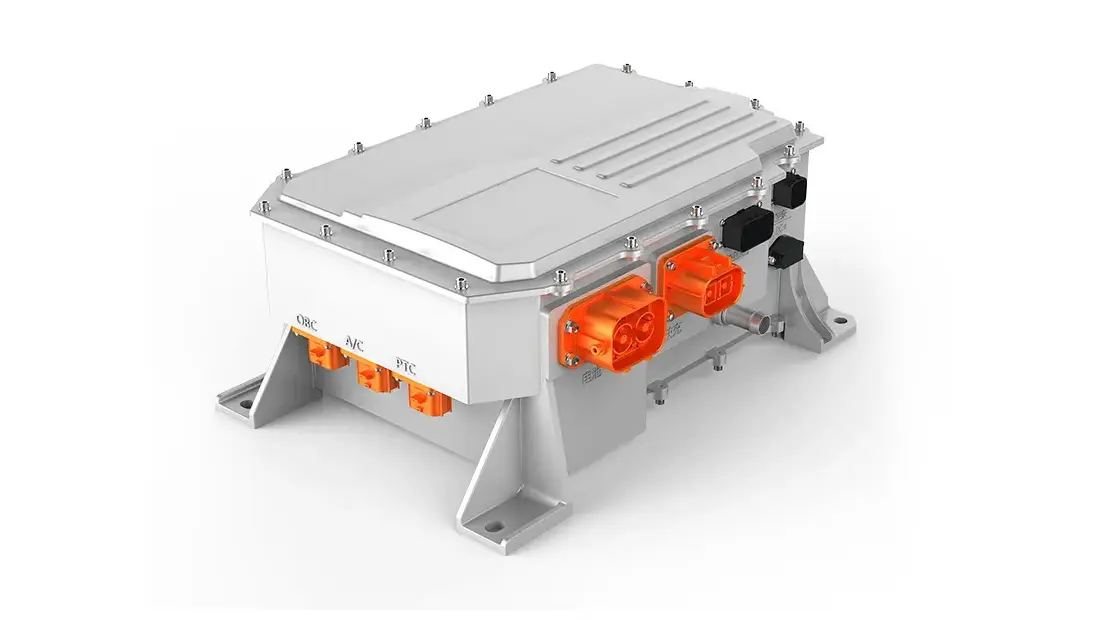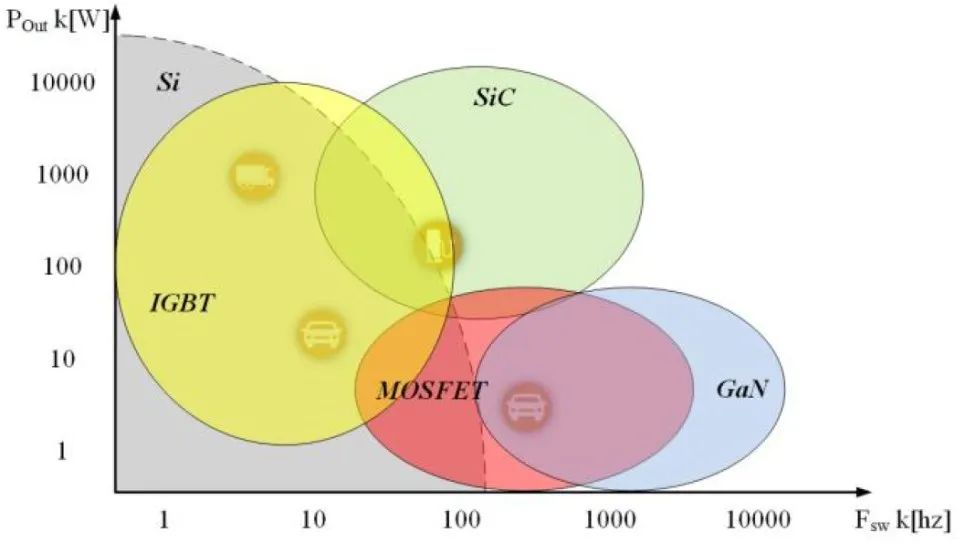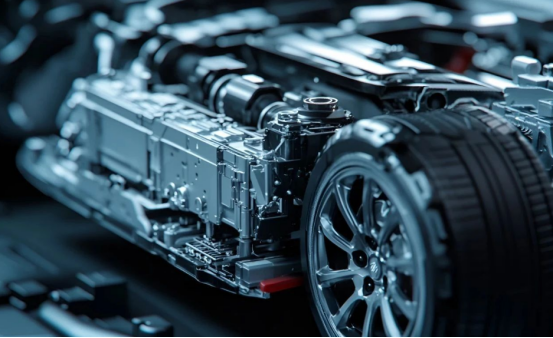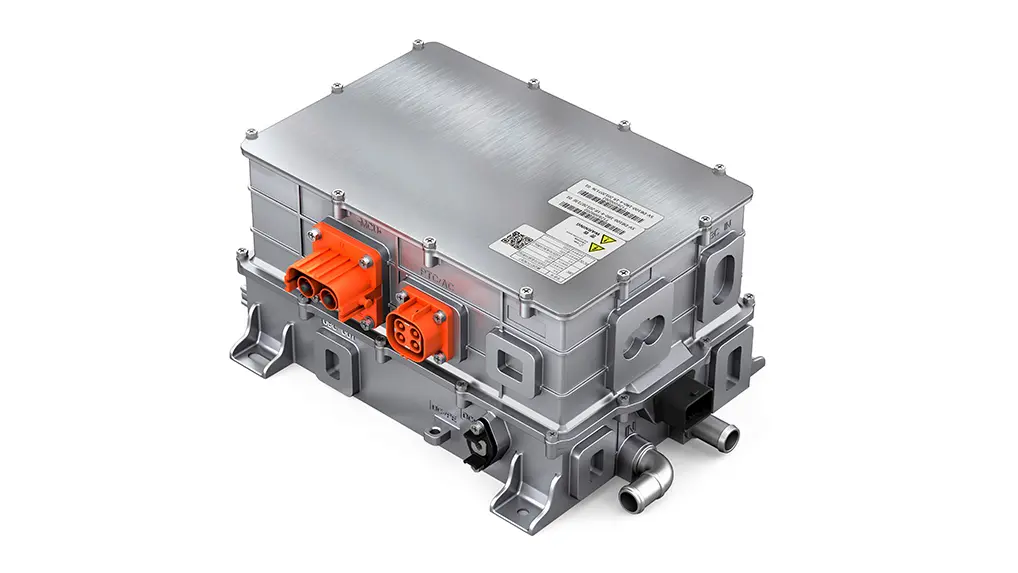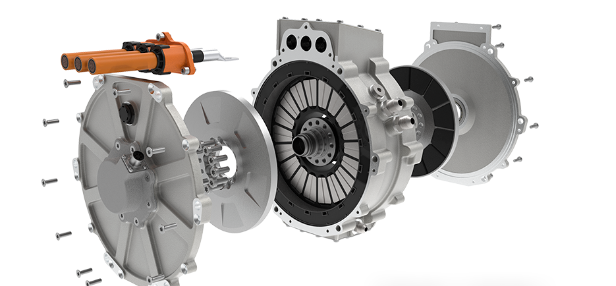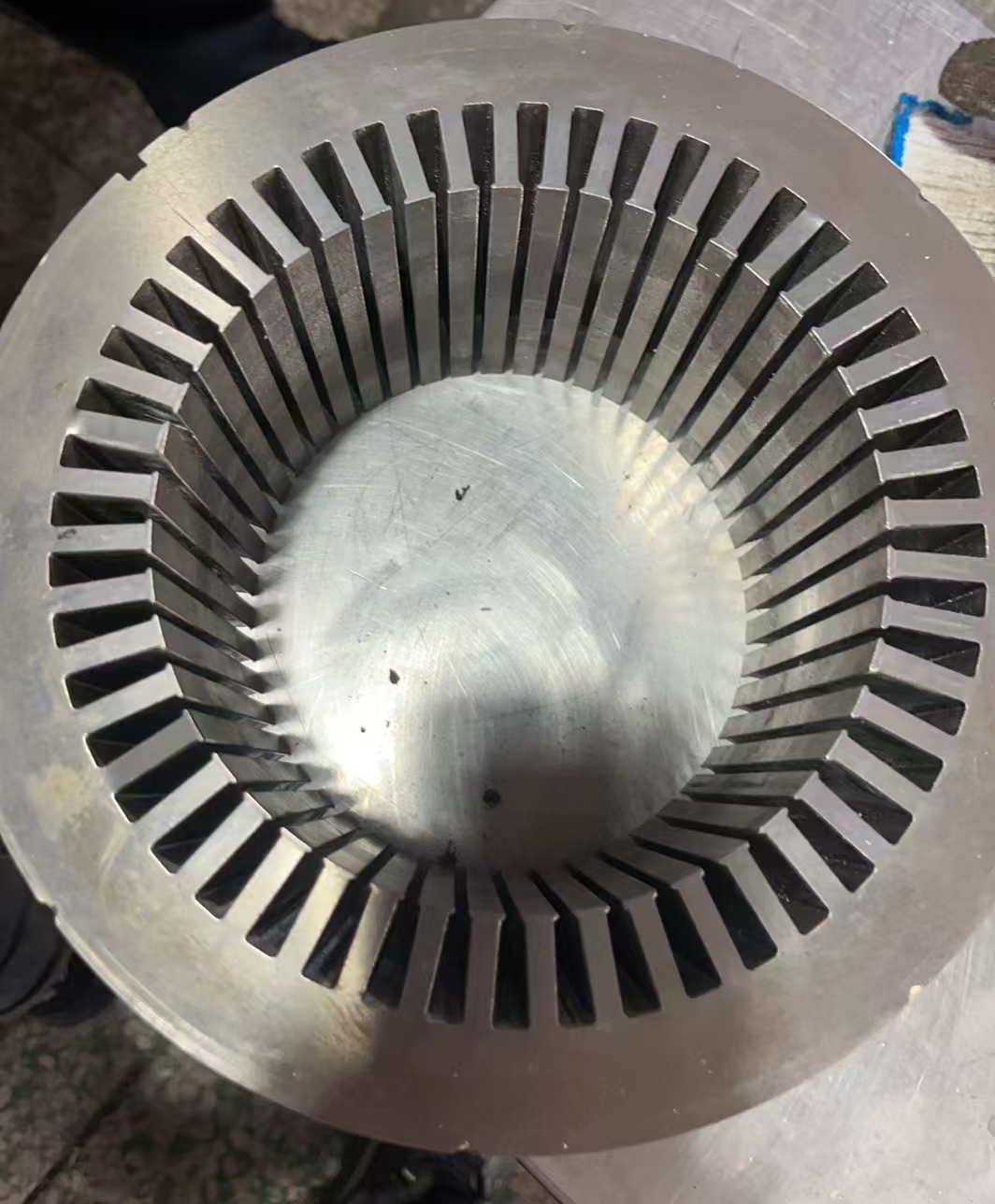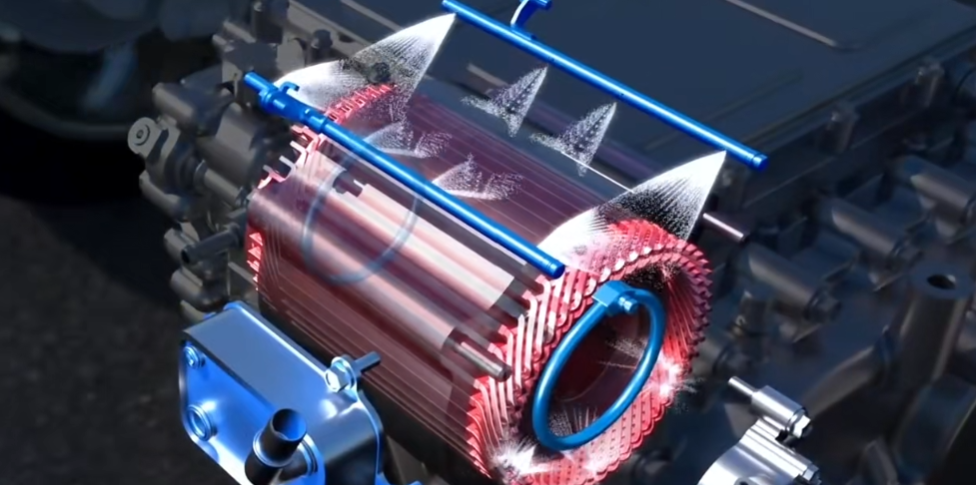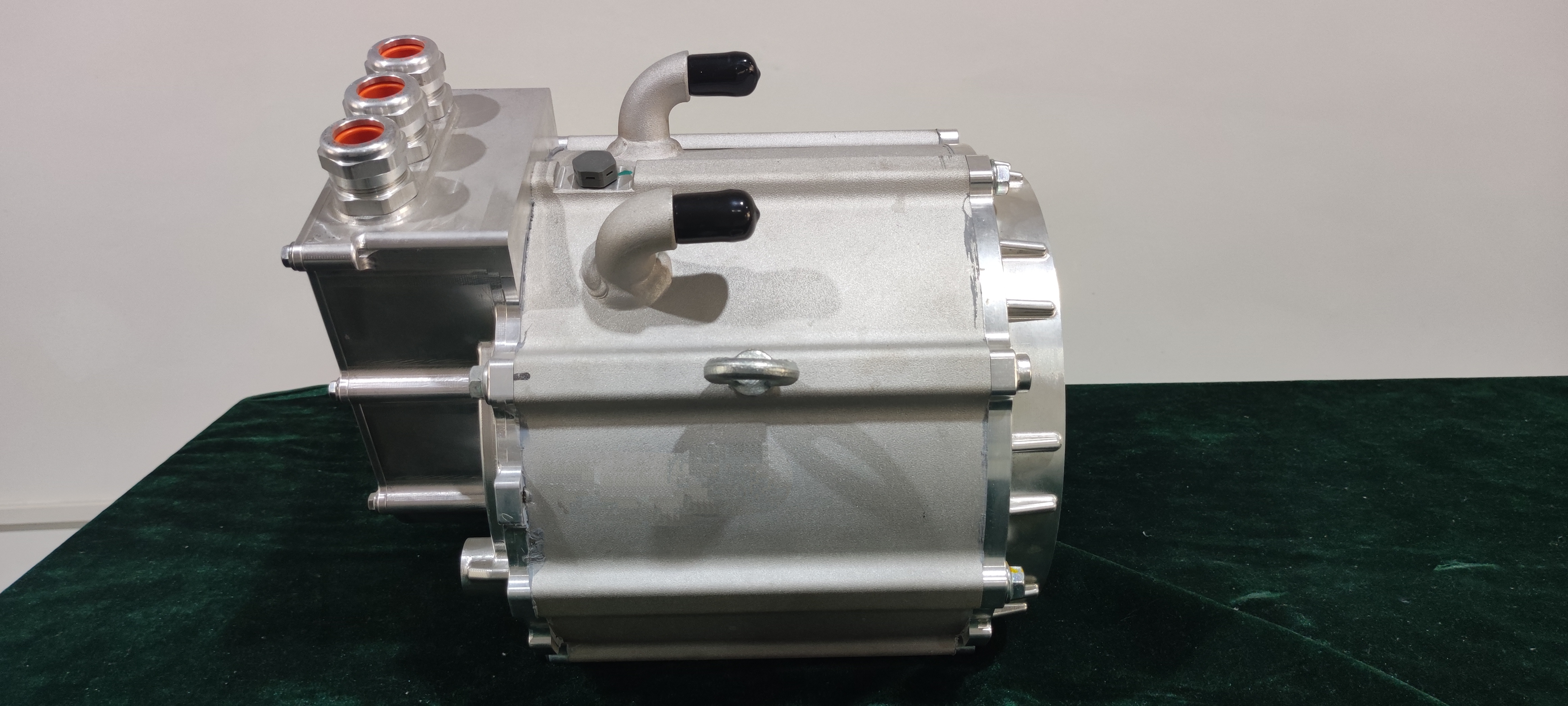EV Motor vs Traditional Motor What Makes Electric Motors Better
An EV Motor is at the heart of every electric vehicle, replacing the internal combustion engine with a cleaner, more efficient power source. When comparing an EV motor vs traditional motor, the differences in efficiency, performance, and environmental impact are clear. In this article, we’ll break down the advantages that make electric motors the smarter choice for the future of transportation.
1. Overview of EV Motor Technology
EV motors, such as the Permanent Magnet Synchronous Motor (PMSM) or Induction Motor, convert electrical energy into mechanical power with remarkable precision. Unlike combustion engines that require fuel, gears, and complex systems, EV motors are simpler in design and more adaptable to different vehicle applications.
2. EV Motor Efficiency Compared to Traditional Motors
One of the biggest advantages of an EV Motor vs traditional motor is efficiency. While combustion engines typically operate at 20–30% efficiency, EV motors can reach 85–90%. This means less wasted energy and more power delivered directly to the wheels.
3. Performance Advantages of EV Motors
EV motors provide instant torque delivery and smooth acceleration without delay. Traditional motors rely on mechanical gear shifts and fuel combustion, which introduces lag. This gives EVs a performance edge, especially in city driving and short-distance acceleration.
4. Torque and Acceleration Benefits of EV Motors
When comparing EV motor vs combustion engine, torque is the standout factor. An EV motor delivers maximum torque instantly, allowing even mid-range EVs to outperform many traditional cars in acceleration. For example, Tesla’s EV motors achieve 0–60 mph in under 3 seconds in high-performance models.

5. Energy Consumption: EV Motor vs Combustion Engine
EV motors consume electricity, which can be generated from renewable energy sources. Traditional motors rely on gasoline or diesel, which are both finite and polluting. On average, EVs convert over 60% of grid energy to wheel power, compared to 20% or less in ICE vehicles (IEA Report).
6. Maintenance and Longevity of EV Motors
EV motors have far fewer moving parts than combustion engines. No oil changes, spark plugs, or exhaust systems are required. This translates into lower maintenance costs and longer lifespan, reducing total cost of ownership for EV users.
7. Environmental Impact of EV Motors
Switching from a traditional motor to an EV motor drastically reduces emissions. According to the IEA, EV adoption has already prevented millions of tons of CO₂ emissions worldwide. The impact grows further when EVs are powered by solar or wind energy.
8. Innovations Driving Modern EV Motor Design
Today’s EV motors are benefiting from advancements such as:
- Solid-state batteries improving power delivery
- Lightweight composite materials reducing weight
- Smart controllers for energy optimization
These innovations are pushing EV efficiency and sustainability to new levels.
9. Future Trends and Developments in EV Motors
The future of the EV motor vs traditional motor debate is already leaning toward electrification. Trends point to:
- Wider adoption in commercial vehicles (buses, trucks, logistics)
- Integration of AI-driven power management
- Expansion of recycling and second-life programs for EV components
As technology matures, EV motors will continue to outpace traditional motors in every measurable category.
Conclusion
When comparing EV Motor vs traditional motor, the results are clear: EV motors are more efficient, deliver better performance, require less maintenance, and are more environmentally friendly. With ongoing innovations, EV motors are not just an alternative—they are the future of driving.









